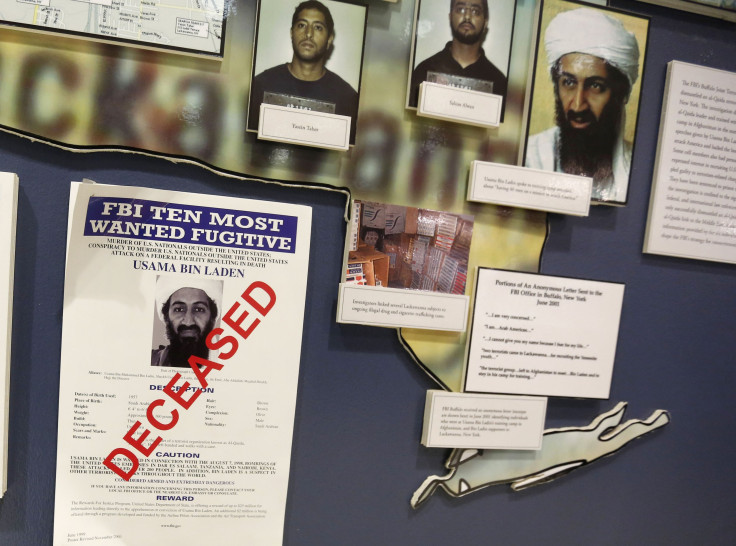Read Osama Bin Laden Documents: Second Batch From May 2011 Raid Released

The U.S. government Tuesday released a second batch of 113 documents recovered from the May 2011 raid that resulted in the death of al Qaeda leader Osama bin Laden. The second batch of documents, available here in both English and Arabic, contains letters, reports and recommendations.
The documents offer insight into the world of al Qaeda and bin Laden’s role as a manager, as well as his paranoia of being caught with a bounty of $27 million on his head. In a letter addressed to his wife, he writes that he misses seeing her and asks about dental work she received, demanding precise details, fearing a computer chip the “length of a grain of wheat” could have been inserted.
“I was told that you went to a dentist in Iran, and you were concerned about a filling she put in for you,” the letter said. “Please let me know in detail about anything that bothers you about any hospital in Iran or any suspicions that any of the brothers may have about chips planted in any way.”
The letter goes on to say the security situation where bin Laden was hiding allowed only for emergency hospital visits. Other letters show bin Laden’s worry that items passed to al Qaeda, as well as journalists interested in interviews, could all be bugged.
A letter titled “To the American people” critiques the policies of former President George W. Bush as well as President Barack Obama, the power of lobbyists and Israel's influence.
“The United States shall pay for its arrogance with the blood of Christians and their funds,” the letter said.
During the Navy SEALs’ May 2, 2011, raid on bin Laden's compound in Abbottabad, Pakistan, documents, letters, spreadsheets, books and pornography were seized. The majority of documents have not yet been cleared for release.
The first batch of documents was released by the U.S. government May 20, 2015, and included 103 items, available here. All of the documents were vetted before they were released following interagency reviews in accordance with national security interests.
© Copyright IBTimes 2025. All rights reserved.






















